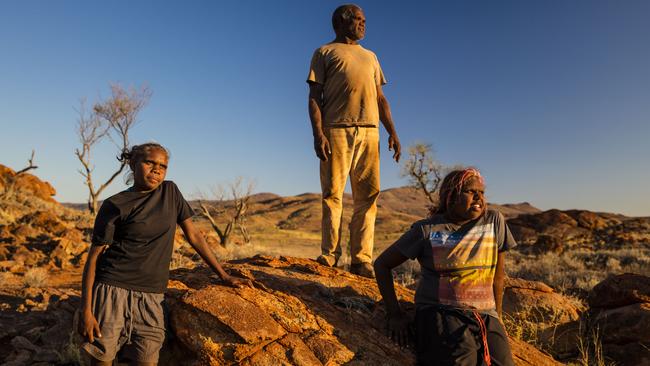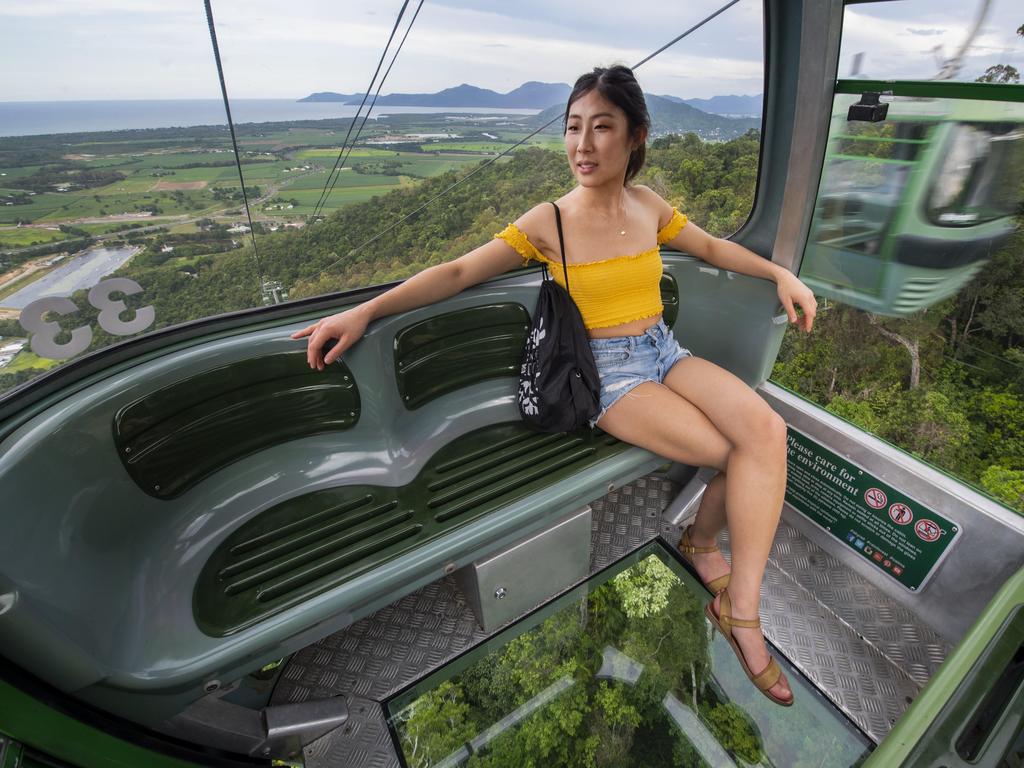Senate Estimates: APY lands restrict visitor access to protect vulnerable Aboriginal communities from coronavirus
A group of remote SA lands introduce strict new rules for visitors to protect vulnerable Aboriginal communities.

Aboriginal leaders of the Anangu Pitjantjatjara Yankunytjatjara Lands in far northwest South Australia have introduced strict new rules for anyone who wants to visit its remote lands to protect residents from coronavirus.
The new rules apply to public servants as well as travellers, according to a decision of the APY executive board.
The decision is a response to the Federal Government’s concerns about the potential for coronavirus to spread in vulnerable indigenous communities.
During the 2009 A (H1N1) swine flu outbreak, Aboriginal and Torres Strait Islander people made up 11 per cent of all identified cases, 20 per cent of hospitalisations and 13 per cent of deaths.
Indigenous people are 8.5 times more likely to be hospitalised during a virus outbreak, according to a statement of the APY board.
Health department officials told the Senate, Finance & Public Administration Legislation Committee on Friday that an Aboriginal and Torres Strait Islander clinical advisory group had begun work on a coronavirus response.
The focus of the group was preventing the virus from entering remote communities.
There were 2276 people living in the APY lands according to the 2016 Census and 83.6 per cent of those were indigenous.
The APY board has decided to ban anyone who had been in mainland China from 1 February 2020, and been in contact with someone confirmed to have coronavirus or travelled to China, Iran, South Korea, Japan, Italy or Mongolia.
If a person who wishes to enter the APY Lands who had travelled to any of the affected countries, experienced coronavirus symptoms in the previous 14 days and been seen by a doctor and recorded a negative test, they must submit a copy of the test results along with a Statutory Declaration to be considered for an entry permit.
The APY board has the legal authority to decide who enters the lands.
APY General Manager Richard King said communities on the APY Lands were particularly vulnerable because of well-documented poor health and living conditions.
“We need to be vigilant and follow these guidelines in order to protect Anangu from this virus,” Mr King said.







To join the conversation, please log in. Don't have an account? Register
Join the conversation, you are commenting as Logout